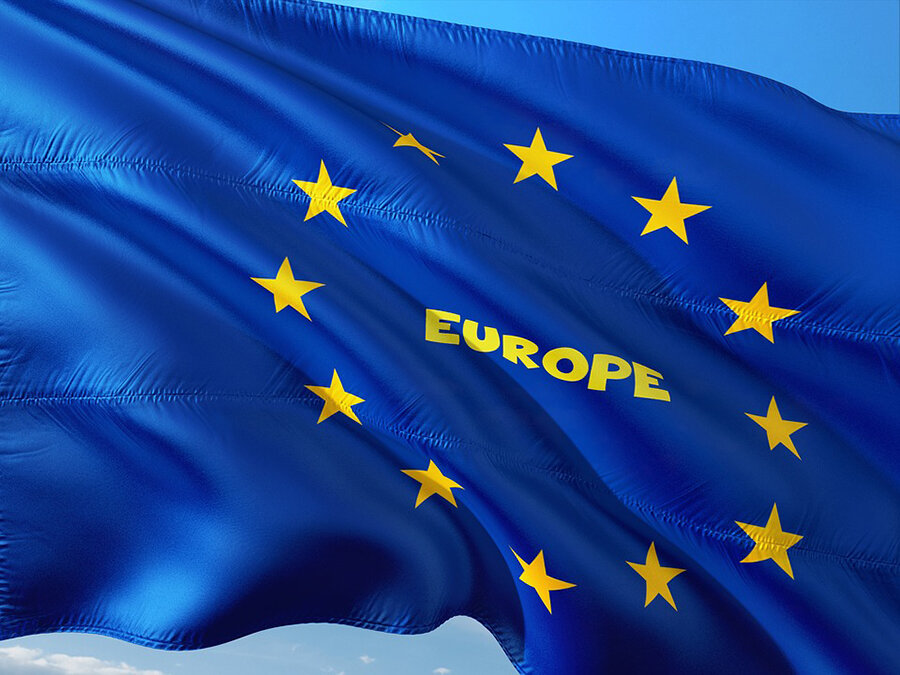Four new triggers added to visa-free suspension rules

On June 17, 2025, the European Council and the European Parliament reached a provisional agreement to strengthen the suspension mechanism for visa-free travel to the Schengen Area. The new rules introduce four additional grounds for suspension and extend the initial duration from nine to twelve months.
Four new triggers added to visa-free suspension rules
According to Schengen News, the EU will now be able to suspend visa-free travel for third countries under four newly added conditions:
Misalignment with EU visa policy.
If a third country allows visa-free entry to nationals from countries subject to EU visa restrictions, it can lead to increased irregular migration into the Schengen zone.
Investor citizenship schemes ("golden passports").
Countries offering citizenship in exchange for investment without meeting EU-aligned screening standards risk losing their visa waiver privileges.
Hybrid threats.
Countries posing hybrid threats, such as cyberattacks, disinformation campaigns, or political interference, are now eligible for suspension.
Deterioration in external relations.
A rapid deterioration in diplomatic or political ties between the EU and a third country can now trigger the temporary suspension of visa-free travel.
Visa-free suspension to last up to 12 months, with extension up to 24 more
The current maximum duration of a temporary visa-free suspension (9 months) will be increased to 12 months, with the possibility of a further 24-month extension. This timeframe allows the European Commission to open discussions with the third country in question to resolve the underlying issues.
If the issues persist, the visa waiver can be permanently revoked.
Clear thresholds to improve transparency
The new legislation will also introduce quantitative thresholds for certain criteria (e.g., spikes in irregular border crossings), aiming to improve transparency and predictability when triggering a suspension.
Next steps
This is a provisional agreement and must be formally approved by both the Council and Parliament before it becomes law. Once enacted, the EU will be better equipped to address abuse of the visa-free system and respond to political shifts that threaten its external security.
Подсказки: EU, visa-free travel, Schengen, migration, citizenship by investment, foreign policy, security








